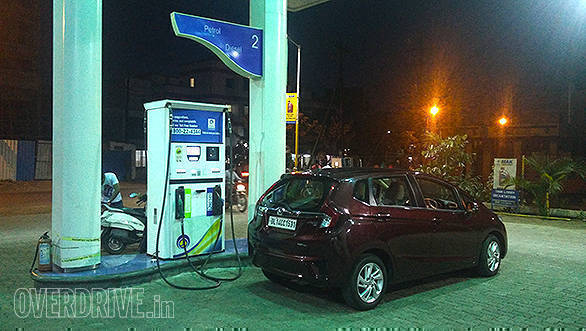SIAM says governments BS VI fuel standards are highly diluted
Transport Minister Nitin Gadkari had taken a decision to implement BS VI standards much earlier than initially planned while skipping the BS V stage completely. As per the revised plan, the BS VI norms will be implemented in India from April, 2020.
A draft notification pertaining to BS VI fuel standards has been announced by Ministry of Road Transport and Highways. However, the Society of Indian Automobile Manufacturers (SIAM) has said that the fuel standards have been highly diluted.
The apex automobile industry body has criticised it by saying that they will take India back by 16 years to the BS II level. SIAM has alleged that the draft is trying to allow the supply of even further downgraded fuel in the North East region till 2023. It also pointed out that this is contrary to the government's assurance of supplying BS VI fuel across India by 2020.

SIAM has demanded that the BS VI fuel standards should be exactly same as the Euro VI fuel standards prevalent in Europe in order for the BS VI norms for vehicles to be met. The apex body has said that this requirement for the country should be non-negotiable.
The apex organization has also said that in the proposed BS VI norms, the Research Octane Number (RON) for regular petrol has been set at 91. However, the RON for Euro VI fuel is set at 95. Similarly, the Motor Octane Number (MON) for BS VI has been set at 81 while for Euro VI it is set at 85. Even for diesel fuel, key parameters like fuel density have been compromised.
Vishnu Mathur, director general of SIAM said, "BS VI fuel norms announced in the draft notification have been highly diluted as compared to Euro VI norms in Europe and take India back to BS II fuel level of specifications which were prevalent in 2000. Lower octane number of fuel will lead to lower efficiency of vehicles and overall combustion."
The key issue is that even if all vehicles are made compliant to BS VI standards, there will still be no emission reductions if the fuel grade doesn't match. Currently, all four-wheelers sold across 33 cities comply with BS IV standards. The two-wheelers still comply to BS III standards.














